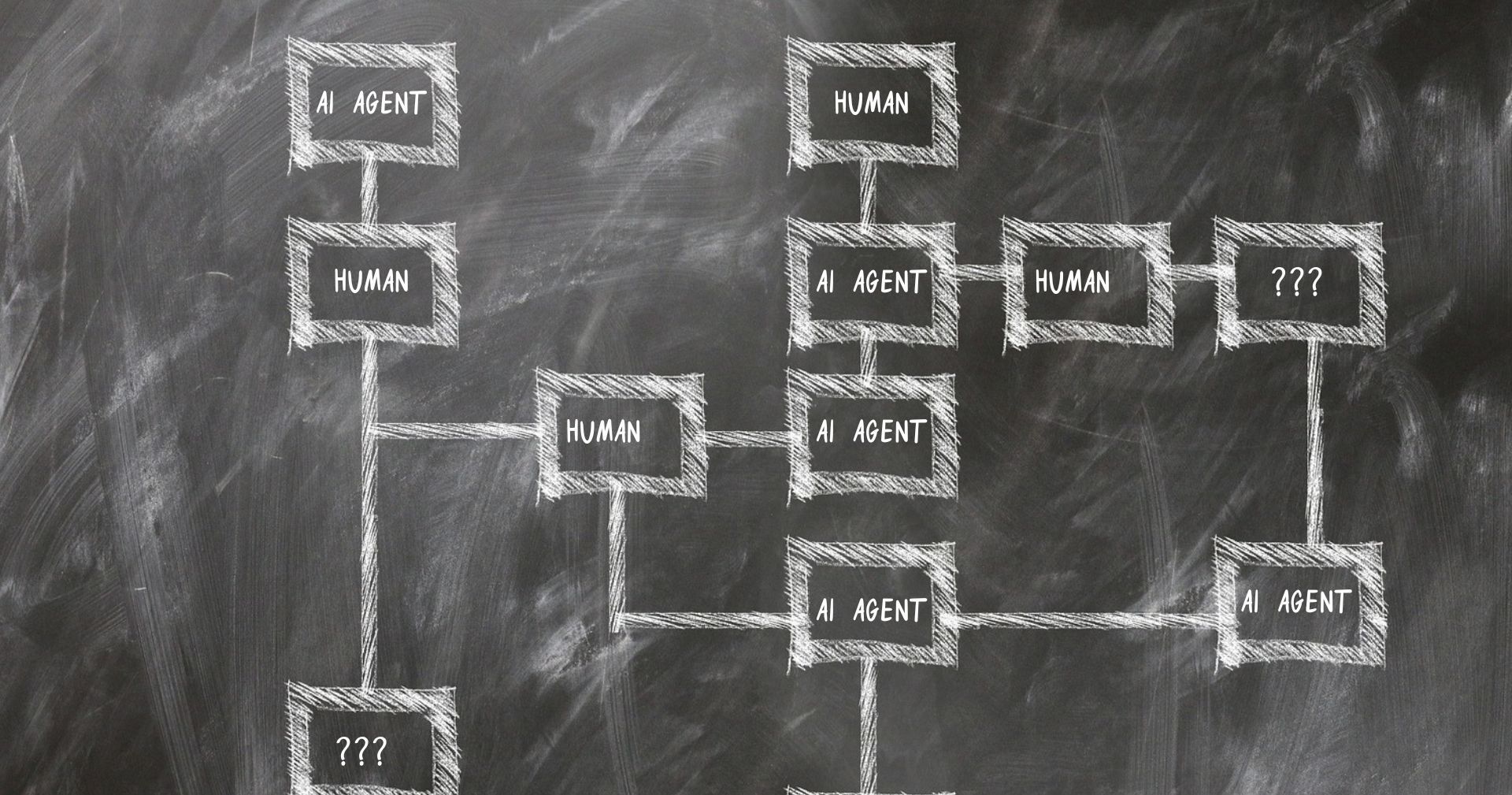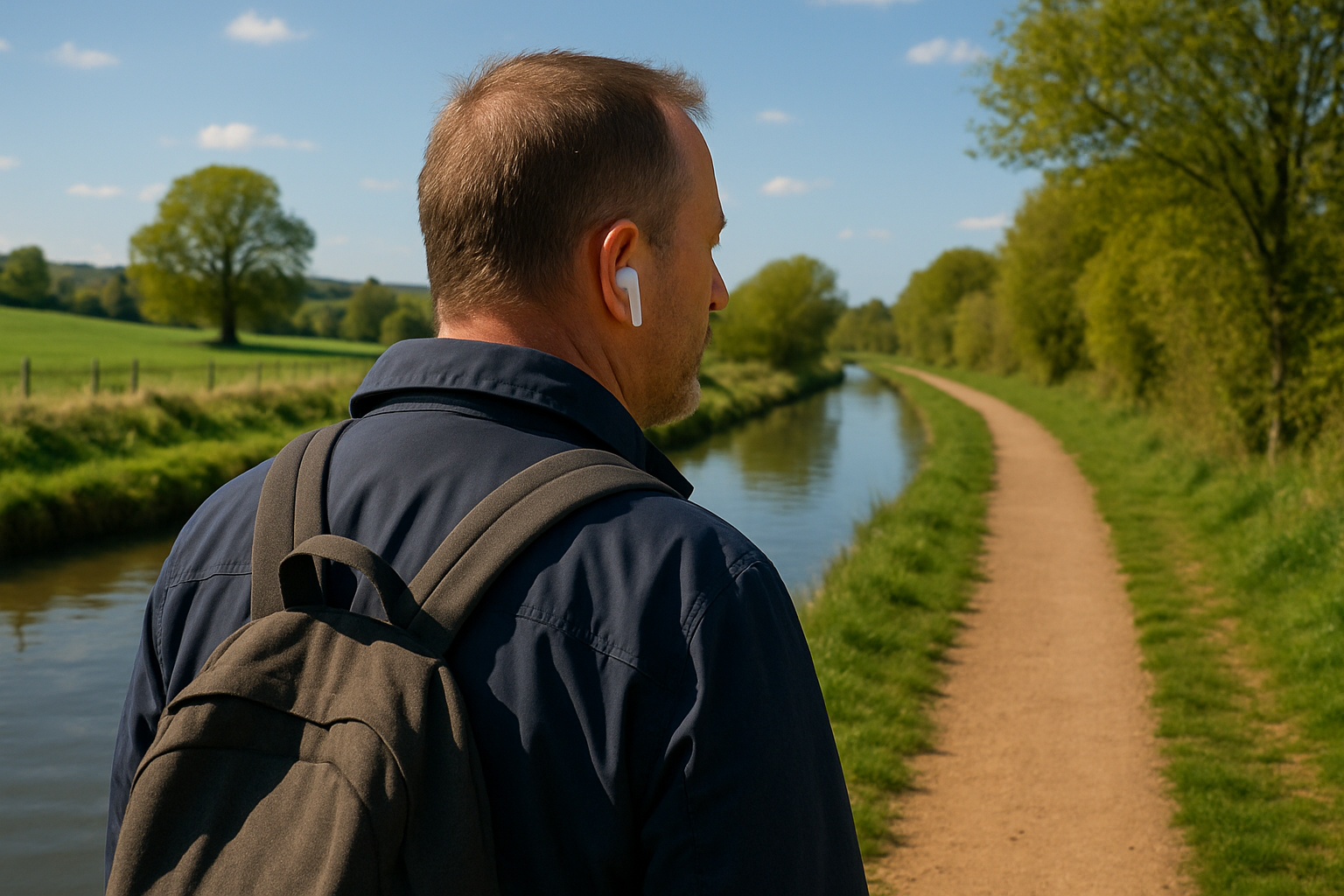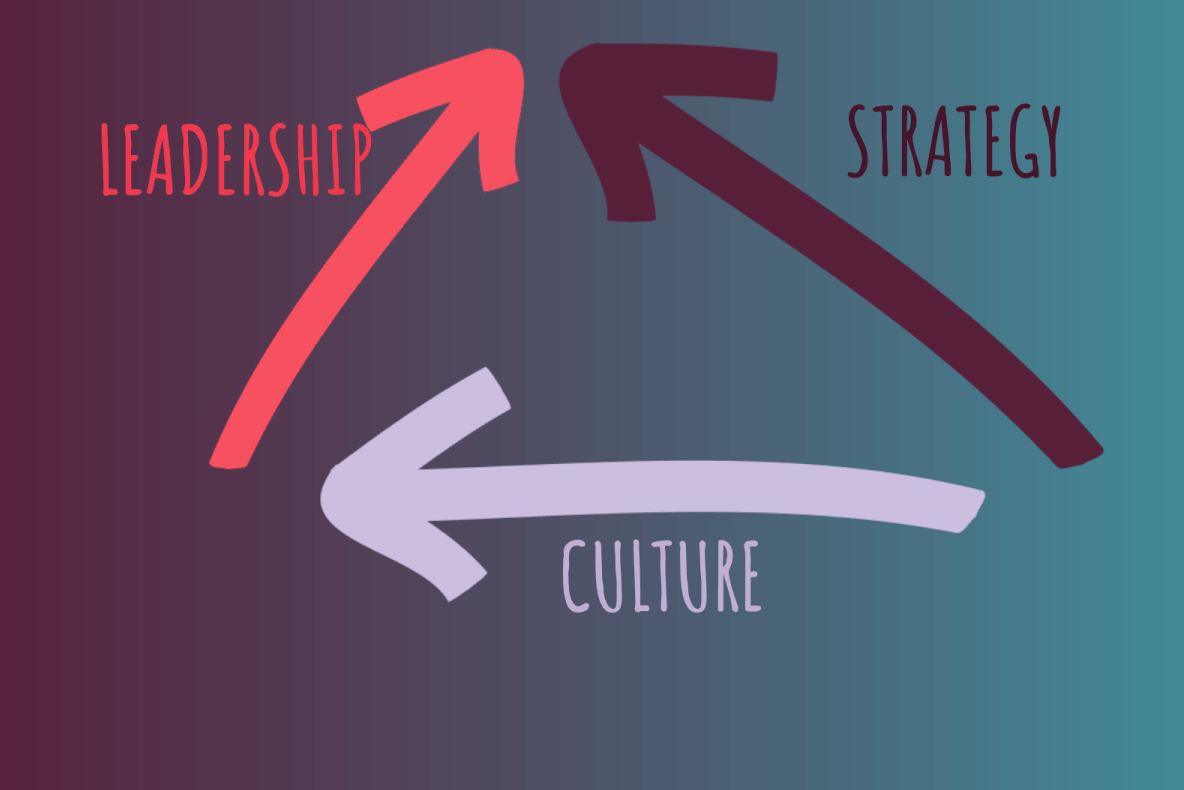BIG questions (about AI)

At a webinar I participated in on organisational culture earlier this year, it occurred to me that a topic which was notable through its absence was AI. There were several hundred participants from organisations across the world of all shapes and sizes, but not a single question or comment about AI. This surprised me. I find it difficult to imagine that an event with broad representation on any other topic would not include a significant amount of coverage for AI; in fact, in many cases I think it would be the dominant theme.
Why was this? There could be many reasons but I suspect we still see human beings as the prime carriers of culture and are not thinking about the way in which AI is currently (and will be more so in the future) a carrier of culture whether we are aware of it or not.
In addition, I think we are typically talking about AI as a tool in organisations more than a transformational force which inevitably will have a huge impact on culture.
I’ve also noticed in my interaction with executive teams over recent months that the extent to which AI was being discussed appeared to be very small. It could, of course, have been taking place at times when I’m not present but my enquiry into this with the Global CEO of a large organisation I think was illustrative of another point. ‘Do you talk about it much?’ I asked. ‘The CIO raises at times but we change the subject quickly.’ was his reply. Not surprising really; in the same way as many large technological transformations from the past were, they are seen too easily as being the domain of the technologists and not something of much broader potential (and concern).
And this at a point in time when I would guess that at least 60% of the employees in most organisations are using AI daily, even if it’s on their phones (if they don’t have access on their computers), to help them handle their workloads, find out information, produce first drafts and so on.
So on the one hand, AI is in use everywhere and on the other, I don’t think we are consistently having the level of conversation we should be having about the implications for organisational life.
Those of you who know me, know my interest is the interaction of strategy, culture and leadership. Just to get things started, here are a few of the questions I think we should be asking to build our level of awareness and preparedness for the organisation of the future.
Strategy
What new capabilities, which have been prohibitively expensive or difficult for us in the past, can we acquire through AI?
What do we want our organisation to look like in terms of the balance between human workers and AI agents?
What do we do for our customers (which they value) which they can now do for themselves through AI?
Where is it essential for us to maintain or introduce the human touch?
Leadership
How do we lead mixed teams of human and AI workers?
What skills do we now need that weren’t necessary before in terms of AI knowledge and capabilities?
How do we create an environment of psychological safety when jobs are threatened (or already disappearing)?
What is my role as a leader in terms of protecting the organisation from AI, connecting the organisation to the possibilities of AI, promoting the necessity of us understanding and adopting AI (even though it might threaten our roles – see the previous point)?
Culture
How do we ensure our AI agents have consistent values with those of the organisation?
What are the skills and behaviours we most value now, how will this change and how do we help people adapt?
How do we teach our AI(s) the desired culture of the organisation?
Whose values are we unwittingly adopting through the use of the AI systems we choose?
What is threatened by AI in our existing culture that we want to maintain?
How do we evolve a culture which embraces (or accepts) AI fully?
Questions for everyone
Who do we trust & what is the truth?
What do we want work to look like?
How will organisational ‘nous’ be acquired when a high proportion of entry-level white-collar jobs have disappeared?
Not easy questions. But as with all transition points, it’s far better to face them now than to avoid them and discover in the future we have created organisations that fail to meet the standards we want.










